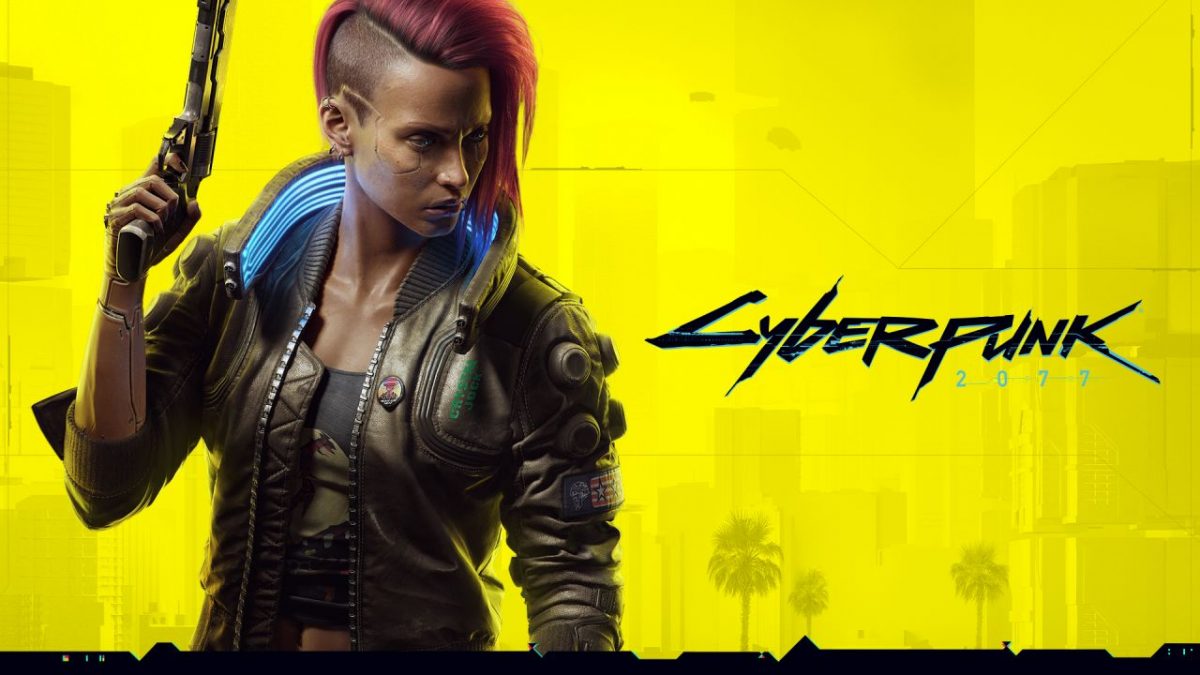I’ve been working my way through the much hyped and then equally maligned Cyberpunk 2077 on PC of late – it’s another of those sitting-at-a-time type open-world type games I like to pick up, play for a few hours and put down again, and I thought it was worth a few words.
I’m also going and bypass the (ongoing) social-media hellstorm about its triumphs and foibles and all the hyperbolic banging on about it with a single overview sentence at the top here in order to focus on something a bit more granular and intriguing about it, to me at any rate.
So, here you go – in a nutshell, many of the criticisms are perfectly valid, and you should still give it a go. Because it would be a masterpiece of the open-world RPG genre to rival any of the greats if they weren’t.
It’s naturally big on world-building, just like its titular literary genre tended to be, and it’s on this I’m going to concentrate my thoughts because I was both incredibly impressed and also a little… something else… I’m not entirely sure what the right word is, which is perfectly in keeping with my recommendation above, now I come to think of it.

The game does the job of immersing you in a world to rival the detail overload and system shocks of William Gibson’s Neuromancer (which is always my go-to when I think of the word ‘cyberpunk’) incredibly well. I’ve never seen so many NPCs and the sheer number of stories woven throughout their world is an amazing feat. Thousands of data shards and interactions present everything from the rich history of an overheating society riven by the impacts of uncontrolled technological change, to the singular stories in the moment of the denizens of Night City around you. They’re all well written and many contain compelling little nuggets of context for the main storylines.
But… it presents a lot of this in chunks of text. In a menu. And I think that’s a bit weird. Even your text messages from other characters a la today’s phones are accessed this way. I know why a developer has to do that in the context of a computer game, with only finite resources for more complex things, and it’s fine in almost every other game I’ve played in the genre. But here, when your character has a fully integrated wetware overlay – something akin to the one Kassini has in The Kassini Division – that can hack any network you can see, dropping to the journal and effectively pausing the game to read the next bit of a subplot just seems a bit silly.
The lack of QC (which anybody who followed the game’s release knows well enough about) is evident occasionally, too, which doesn’t help. Two things you can’t unsee (or unhear) if you’re a pedantic creative like me are the spelling mistakes in the literature you’re collecting, and the missed errors in some of the voice actors’ lines.
Maybe I’m expecting too much of games even at high levels of production (and the irony isn’t lost on me that I’m a writer objecting to having to read here, either) but, in the context of the high-octane fast-paced gameplay Cyberpunk 2077 presents so brilliantly in just about every other way, I really think it’s missing a more innovative way of weaving all this story-rich language into the fabric of the player’s experience.
Not to worry, though. The fact is the game is still compelling and great fun, and it’s definitely the only one I’ve ever played that communicates anything like the feel of the great 90s cyberpunk novels.

